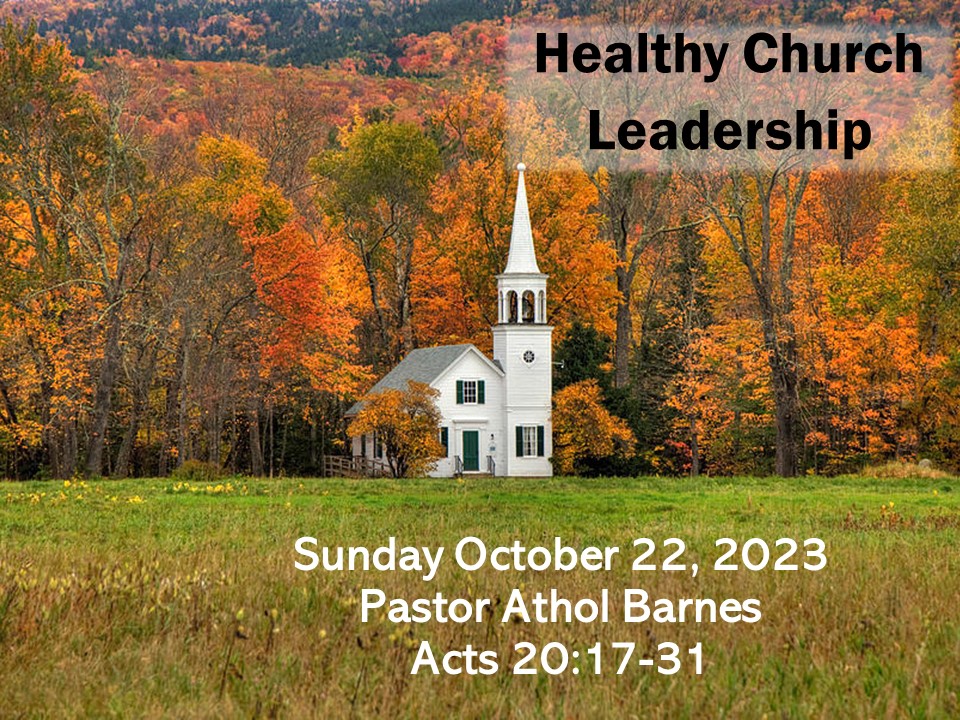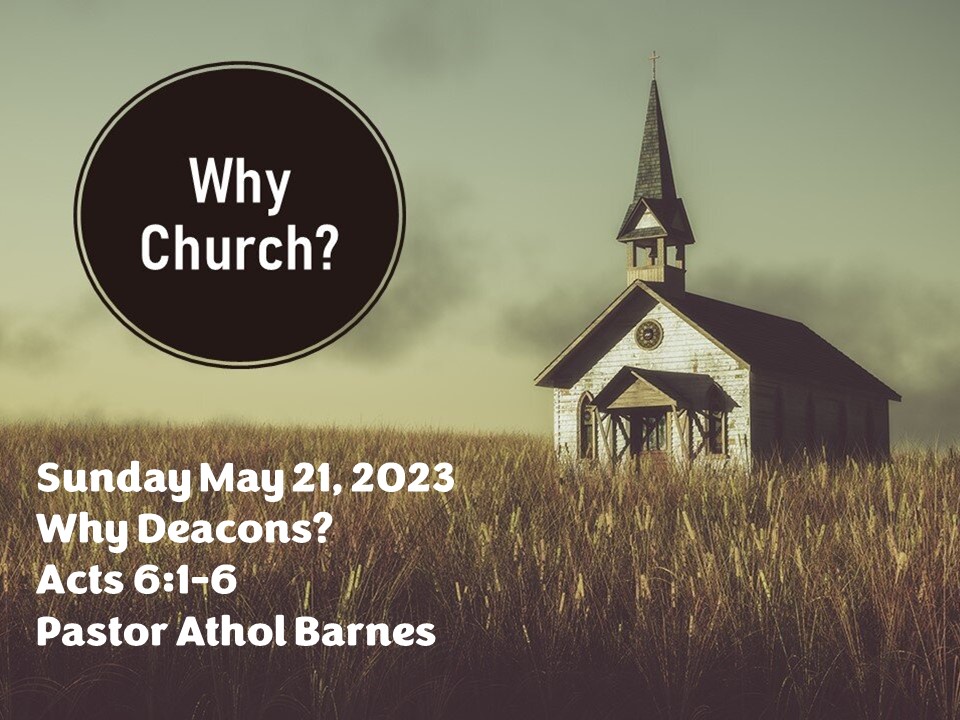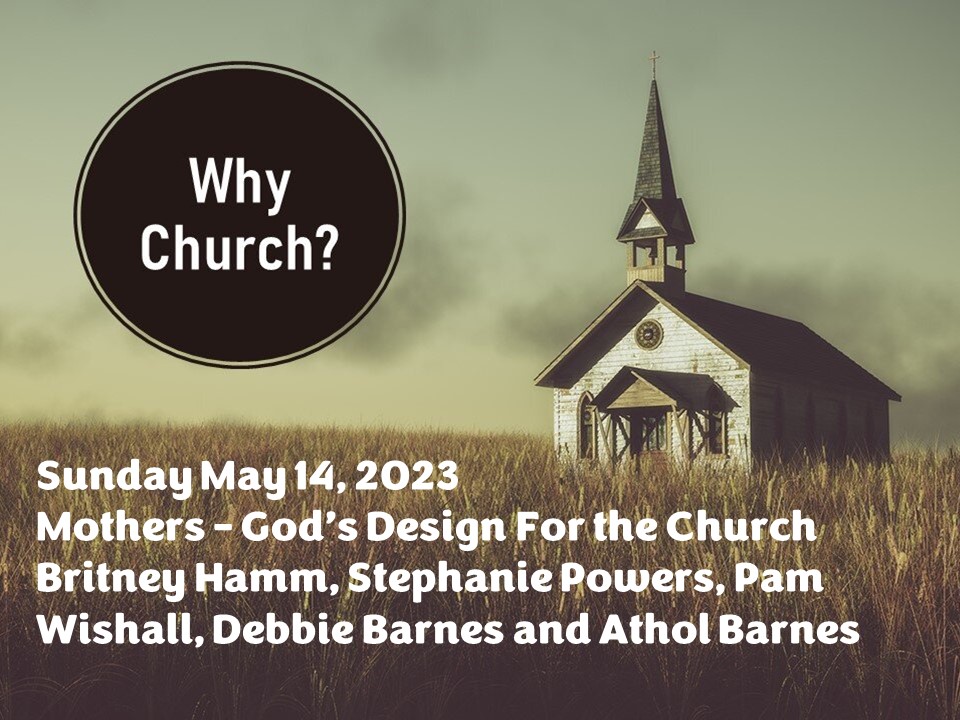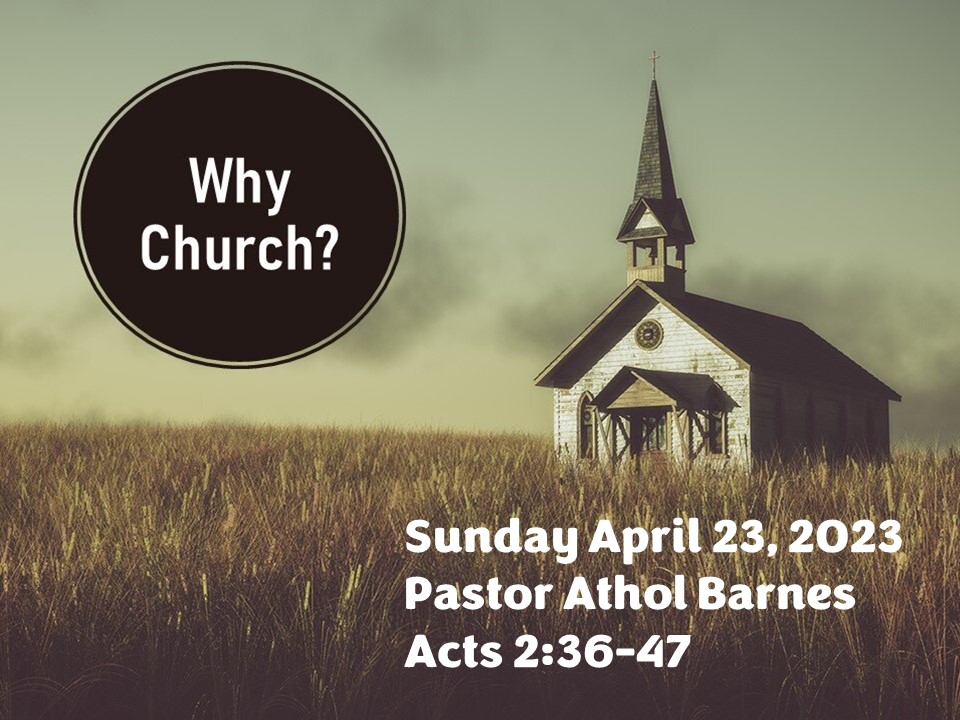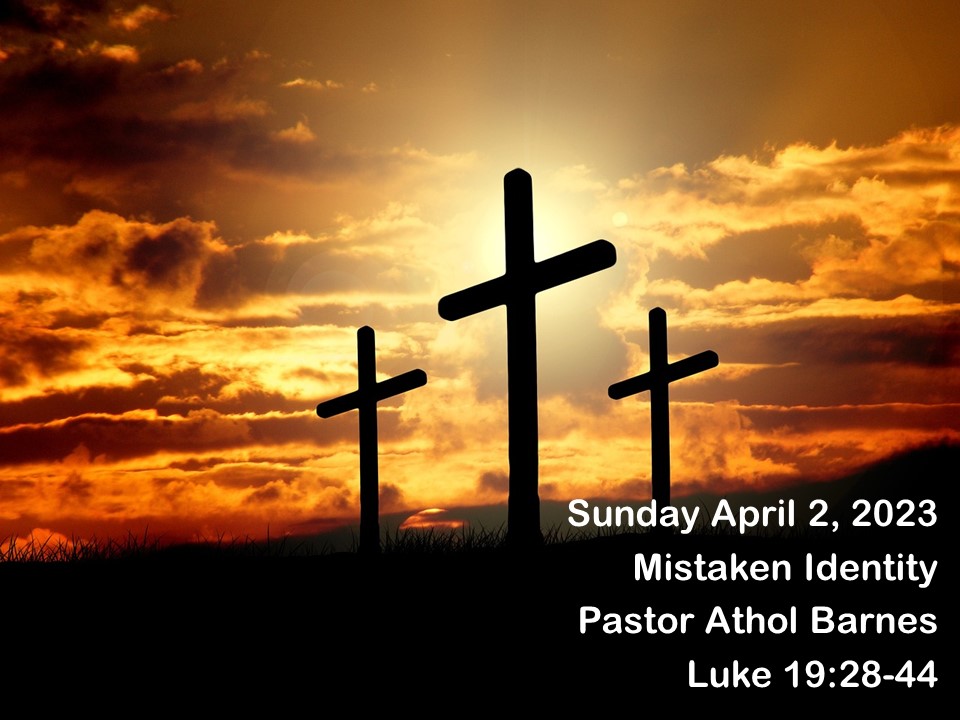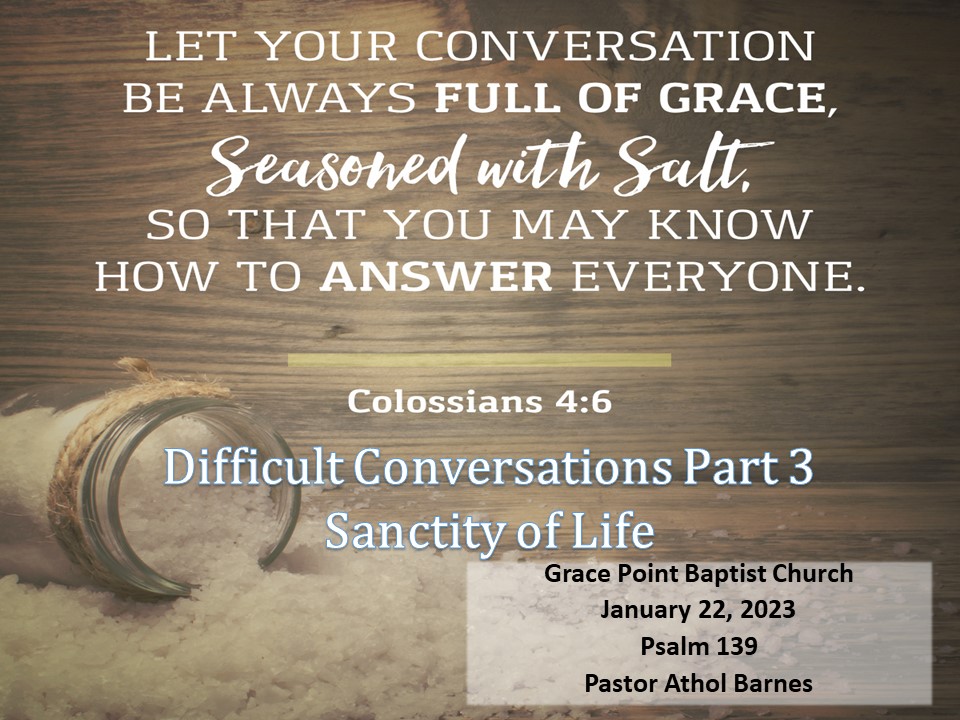
In the book of Acts, we read about the beginning of the church. The Holy Spirit had filled the early church with power and there was favor and great expansion as the church began revolutionizing the first century world.
In Acts 2:47 we read: “praising God and having favor with all the people. And the Lord added to their number day by day those who were being saved.”
This past week, I was reading Acts 7, and the account of the sermon that Stephen preached before the Jewish religious leaders leading to his death by stoning. The death of Stephen began a tremendous persecution aimed at the early church as we read in Acts 8:1, “And there arose on that day a great persecution against the church in Jerusalem, and they were all scattered throughout the regions of Judea and Samaria, except the apostles.”
The history of the church since that day shows us that persecution has always been a part of the church. This should not surprise us. In John 15, where Jesus speaks about him being the vine and his followers being the branches, he also says that his followers will experience persecution, “Remember what I told you: ‘A servant is not greater than his master.’ If they persecuted me, they will persecute you also. If they obeyed my teaching, they will obey yours also,” John 15:20.
The Bible teaches us that testifying to the truth of the Gospel will not always be well received and may even result in physical harm, even death. In fact, we should be concerned when we don’t experience persecution of some sort as we live for Jesus as our Lord. And by persecution, I am not talking about being unfriended on social media or some trivial discomfort.
But God has a purpose for allowing this persecution, it always spreads the Gospel. People throughout the ages have always wondered what it is about the message of the Gospel that someone would be willing to give their lives for it? The early church was scattered, and took their message with them, the Gospel spread, and the church expanded rapidly throughout the known world.
Isn’t it interesting that in Acts 1:8, Jesus tells his followers, “But you will receive power when the Holy Spirit comes on you; and you will be my witnesses in Jerusalem, and in all Judea and Samaria, and to the ends of the earth.” And a few chapters later we read the account of the dispersion in Acts 8:1. Could it be that Jesus was prophesying of the coming persecution that would force the church out beyond Jerusalem, to Judea and Samaria and ultimately to the ends of the earth. Ultimately persecution is part of God’s plan to see His name glorified throughout the nations of the world.
So, this week, as we pray for our brothers and sisters around the world who are being persecuted, let’s pray for them to remain strong and unwavering in their testimony. As we heard today from Dr Pam Arlund, the word “testimony” is another word for “martyr”.
As we pray for the churches around the world who are experiencing persecution, let us pray for our churches that when the day comes for us to experience persecution, we will remain faithful. Firmly grounded in our relationship with Jesus Christ.

